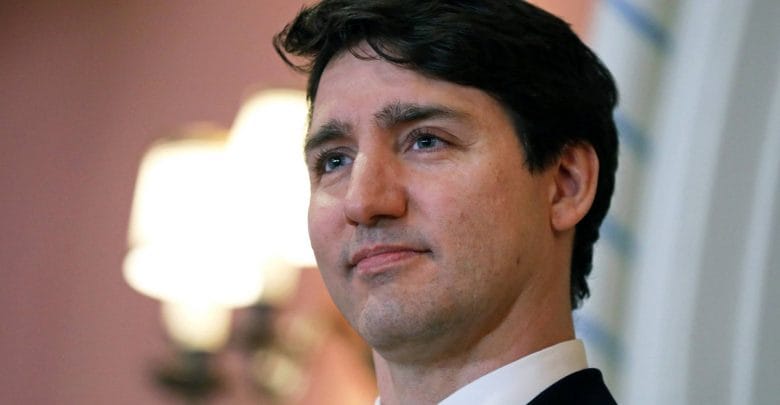
Editorial NYTimes: Oh, Trudeau.
Charm will not extricate Canada’s Justin Trudeau from a spreading political mess. Only honest answers will.
Justin Trudeau came to office in 2015 by the high road, exuding charm, confidence, integrity and an openness to change. He filled his cabinet with women and minorities, opened Canada’s doors to immigrants and posed for endless selfies with adoring crowds. But in politics the fresher the face, the more obvious the blemishes.
With seven months to go before Canada’s next national election, the prime minister is embroiled in a political scandal that his charm cannot wipe away. Two members of his cabinet, both prominent women, have resigned, as has his closest adviser, and unless he can convince the public — and do so soon — that he really did nothing wrong in trying to head off the criminal prosecution of a big Montreal-based company, the damage will only get more serious.
The crisis unfolded after The Globe and Mail newspaper reported on Feb. 7 that Jody Wilson-Raybould, Mr. Trudeau’s former justice minister and attorney general, had come under improper pressure from the prime minister’s office to reach a negotiated settlement with a multinational engineering firm, SNC-Lavalin, instead of prosecuting it on criminal charges it faces over its business dealings in Libya. Conviction would bar it from government contracts for a decade.
The case centers on accusations that SNC-Lavalin paid 47.7 million Canadian dollars in bribes to officials in Libya to win contracts there, and defrauded the Libyan government and its agencies of 129.8 million Canadian dollars. Libya at the time was led by the dictator Col. Muammar el-Qaddafi.
In the fallout that followed, Ms. Wilson-Raybould resigned from the cabinet, and in testimony to a parliamentary committee last week she described how Mr. Trudeau and his staff had pressed her not to prosecute the firm, citing the company’s threat to slash thousands of jobs or leave Canada entirely. Mr. Trudeau reportedly told her that the loss of those jobs would hurt the ruling Liberal Party in future elections. Of course, companies facing litigation, taxation or other costs of doing business often make such threats.
Then on Monday another high-profile government minister, Jane Philpott, abruptly resigned as president of the Treasury Board, saying she had lost confidence in the Trudeau government’s handling of the affair. “I must abide by my core values, my ethical responsibilities and constitutional obligations,” Ms. Philpott said in a letter to the prime minister. “There can be a cost to acting on one’s principles, but there is a bigger cost to abandoning them.”
All along, Mr. Trudeau has denied doing anything wrong. He acknowledges that he spoke to Ms. Wilson-Raybould about the SNC-Lavalin case but argues that the discussions were well within the bounds of the rules. His defenders note that charges were not dropped against the company and that a prime minister should show concern about the potential loss of 9,000 jobs. The issue, moreover, was never about dropping charges, but about allowing the firm to pay a fine instead of facing a criminal prosecution.
Looked at from south of the Canadian border, the entire matter may seem trivial alongside any of the many accusations levied at President Trump, or of the pressures routinely applied by politicians on behalf of powerful companies.
But in Canada, the tangled SNC-Lavalin affair is unavoidably measured against the expectations Mr. Trudeau raised and the standards he set. For him to be accused by two prominent women from his team of violating the high ethical bar he himself set is a major blow, at the least to his brand.
Mr. Trudeau is not likely to be compelled to resign over the issue. But the degree of political damage he sustains, and how the scandal affects the October elections, depend on whether he can convince Canadians, in an open venue and in detail, that he did no wrong.
